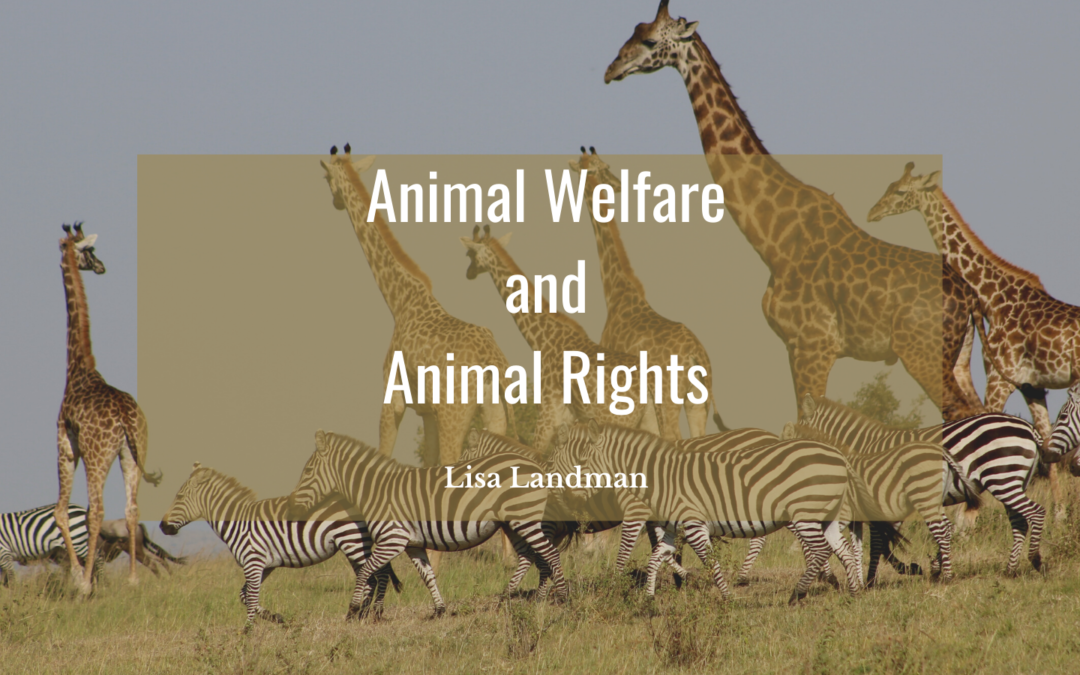The concerns surrounding animal rights and animal welfare philosophies are native to those who utilize animals in industry, entertainment, sport, or recreation. As our society has emigrated from agricultural roots to more urban existence, the seriousness of distinguishing between animal rights and animal welfare has become prominent. Although animal rights and animal welfare are typically used interchangeably, there is a fundamental difference between the two terms: the right of humans to utilize animals.
Animal Welfare
The AMVA defines animal welfare as how an animal is coping with the conditions in which it lives. Animal welfare theories understand that animals have interests but allow these interests to be traded as long as human benefits justify that sacrifice. Ensuring an animal’s welfare means providing for its physical and mental needs. Healthy animal welfare involves disease prevention and veterinary treatment, adequate shelter, management, nutrition, humane handling, and humane slaughter.
In addition:
- Animal welfare advocates utilize scientific evidence to base animal care and handling guidelines.
- Animal welfare advocates try to improve the treatment and well-being of animals.
- Animal welfare proponents support the self-regulation of animal sports.
- Animal welfare proponents believe humans can interact with animals in entertainment, industry, sport and recreation, and industry. Still, the interaction should include provisions for the proper care and management for all animals involved.
Animal Rights
The Human League describes animal rights as moral principles based on the belief that non-human animals deserve the ability to live as they wish, without being subjected to the desires of human beings. Their main argument is that animals deserve autonomy. Animal rights theory believes that people should not use animals for any reason, including consumption, sport, and research.
In addition:
- Animal rights proponents spend much of their time fighting against animal abuse.
- Animal rights advocates battle animal trafficking by tracking down smuggling operations and preventing them.
- Animal rights groups work hard to stop factory-based farming by encouraging consumers to stop eating meat, dairy, and eggs altogether or source their animal products through more humane operations
If you take a closer look at these two philosophies, you begin to understand they represent entirely different movements and cannot be used interchangeably.

